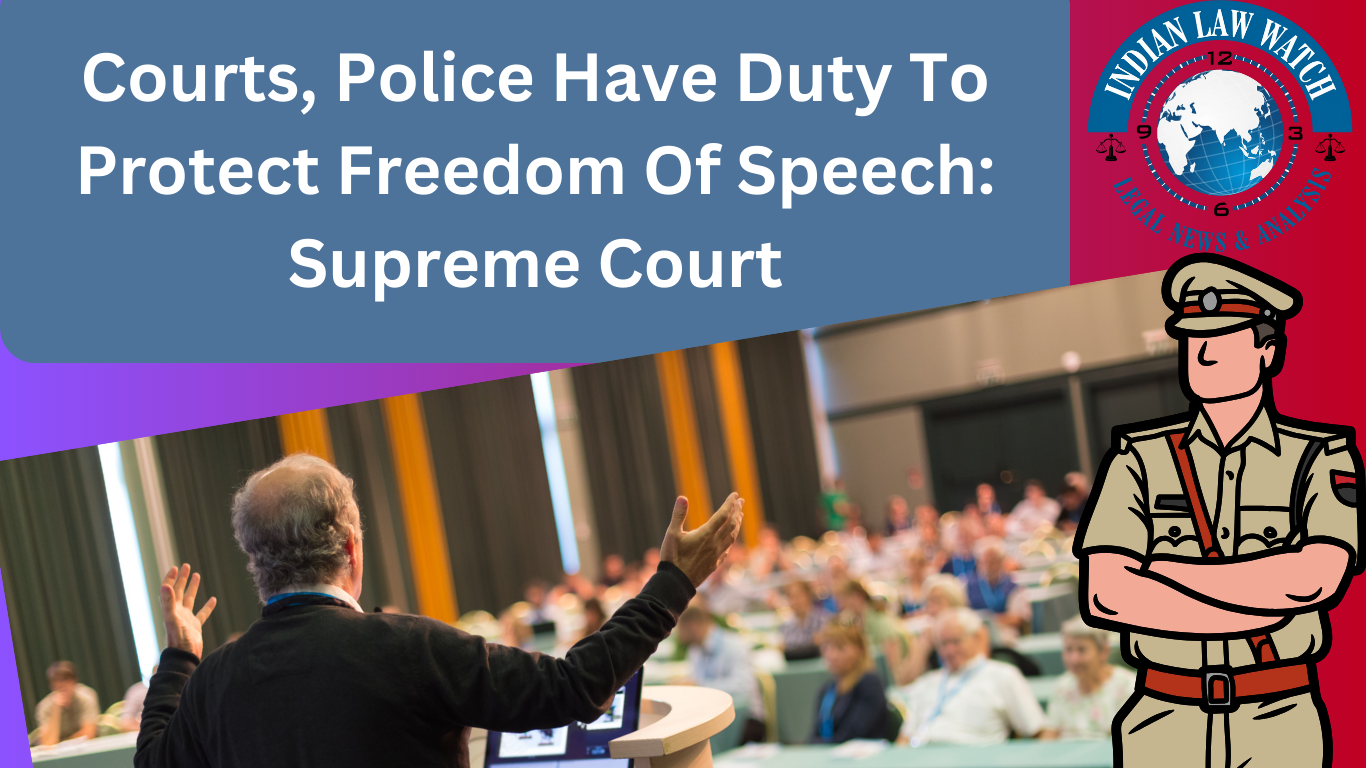
The Supreme Court of India’s ruling in “Imran Pratapgarhi vs. State of Gujarat and Another” (Criminal Appeal No. 1545 of 2025) has significant implications for protecting freedom of speech and the conduct of law enforcement. Here’s a breakdown of the key aspects:
Key Takeaways:
- Protection of Freedom of Speech:
- The court strongly reaffirmed the fundamental right to freedom of speech and expression as enshrined in Article 19(1)(a) of the Indian Constitution.
- It emphasized that this right is crucial for a healthy and civilized society.
- Criticism of FIR Registration:
- The court criticized the “mechanical exercise” of registering FIRs, particularly in cases involving speech, without conducting proper preliminary inquiries.
- It highlighted the importance of preliminary inquiries to determine if a prima facie case exists before registering an FIR.
- Emphasis on Police Duty:
- The ruling underscores the police’s constitutional duty to protect freedom of speech.
- It calls for law enforcement officers to carefully examine the content of spoken or written words before determining if they constitute a legally prosecutable offense.
- Importance of Preliminary Inquiry:
- The court highlighted the importance of conducting preliminary inquiries under Section 173 (3) of the Bharatiya Nyaya Sanhita (BNS) when allegations involve restrictions on free speech outlined in Article 19 (2) of the Constitution.
- Artistic Expression:
- The judgment recognizes the societal value of various forms of artistic expression, including poetry, literature, drama, films, and satire.
- It emphasizes the need to protect these forms of expression under the umbrella of free speech.
- Reasonable Doubt:
- The court also stated that “Reasonable Doubt” in criminal cases must be assessed by standards of strong-minded and courageous individuals, and not based on the standards of people with weak and insecure feelings.
- Prevention of Frivolous FIRs:
- This ruling is important to prevent the misuse of law, and to prevent the registration of frivolous FIR’s, that would have the effect of chilling free speech.
In essence, the Supreme Court’s decision aims to strike a balance between protecting freedom of speech and ensuring that law enforcement agencies act responsibly and within the bounds of the Constitution.





